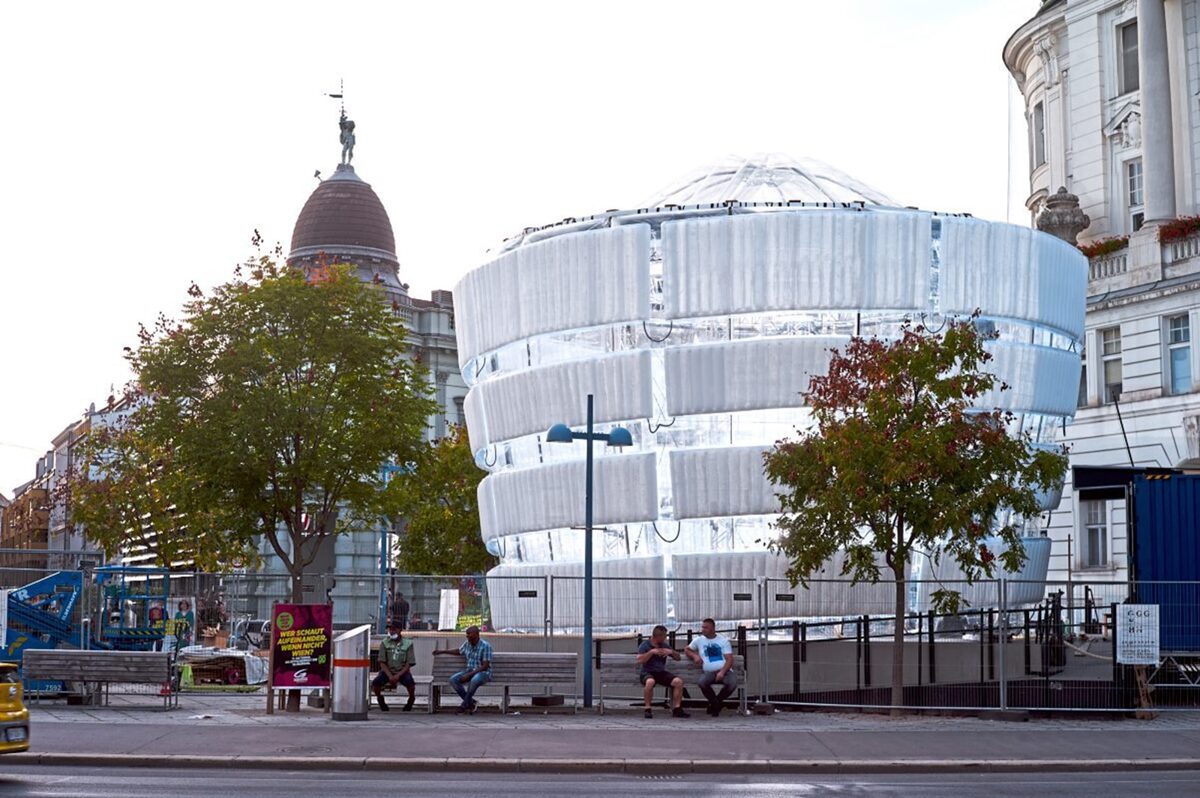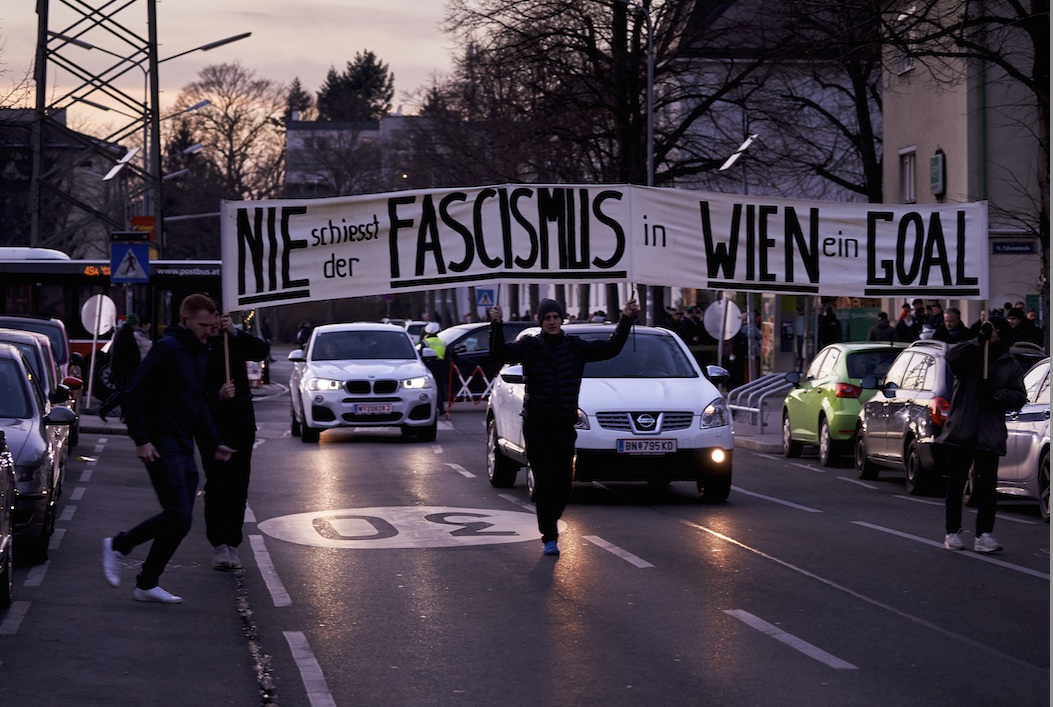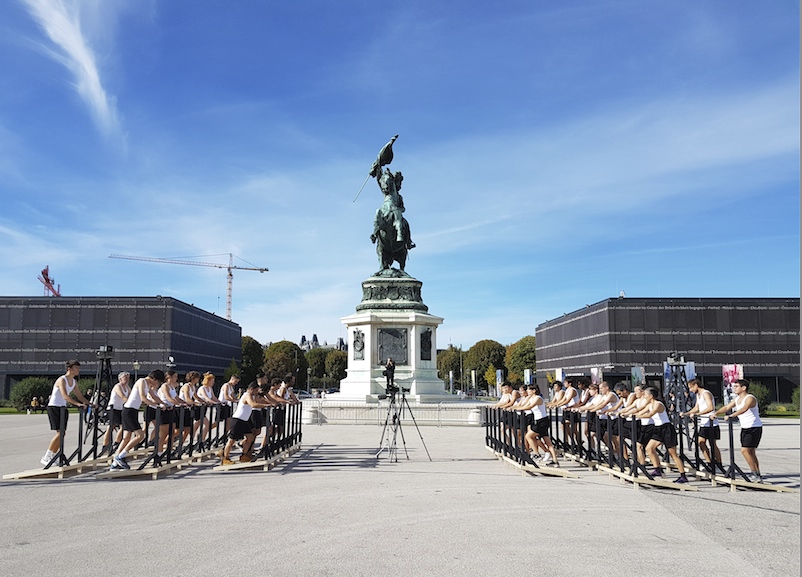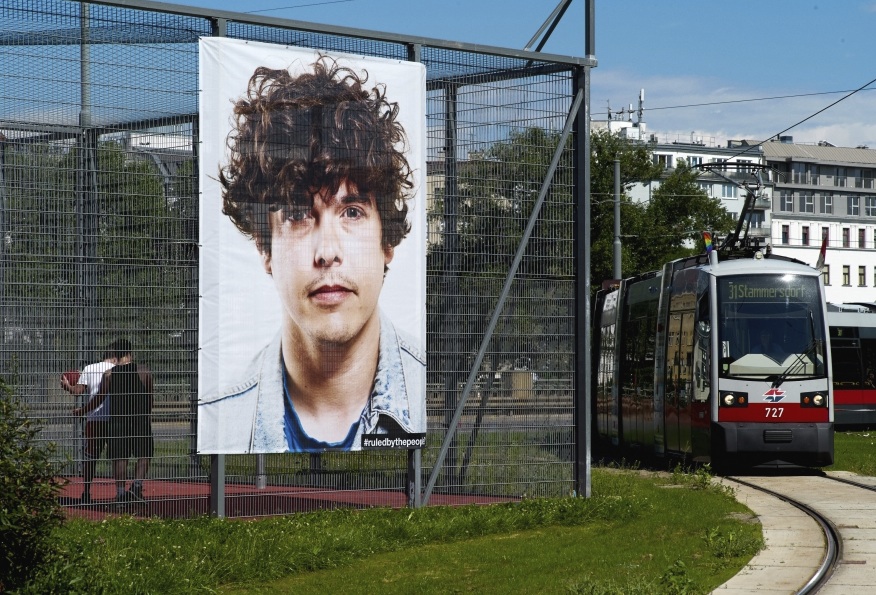GGGNHM - Guggenheim in Floridsdorf?
Art project in public space from September 16, 2020 at Am Spitz in Floridsdorf, realized in cooperation with God’s Entertainment
SYNOPSIS:
GGGNHM - Guggenheim in Floridsdorf? was conceived and installed as a place for thought and practice in public space. In a playful way, it suggested a subtle reconfiguration of a place which opened up the city in all directions, starting from the Spitz in Floridsdorf, and actively questioned the established mechanisms of the art market. GGGNHM - Guggenheim in Floridsdorf? was a fictional museum devised as a temporary walk-in sculpture in the shape of the Guggenheim Museum in New York.
GGGNHM - Guggenheim in Floridsdorf? opened on September 16, 2020 with the exhibition series REMEMORY. The series consisted of three weekly changing exhibitions and ten happenings (so-called ‘Rememories’), all based on the Memory card game: a negotiation of different circumstances, ideas, potentials, as well as uncomfortable questions at a time where we are torn between the past and fear of the future.
With the support of the Cultural Department of the City of Vienna - MA7, SHIFT III - Basis Kultur Wien, and Bezirk Floridsdorf
 Photo: Peter Mayr
Photo: Peter Mayr


 Photo: Peter Mayr
Photo: Peter Mayr